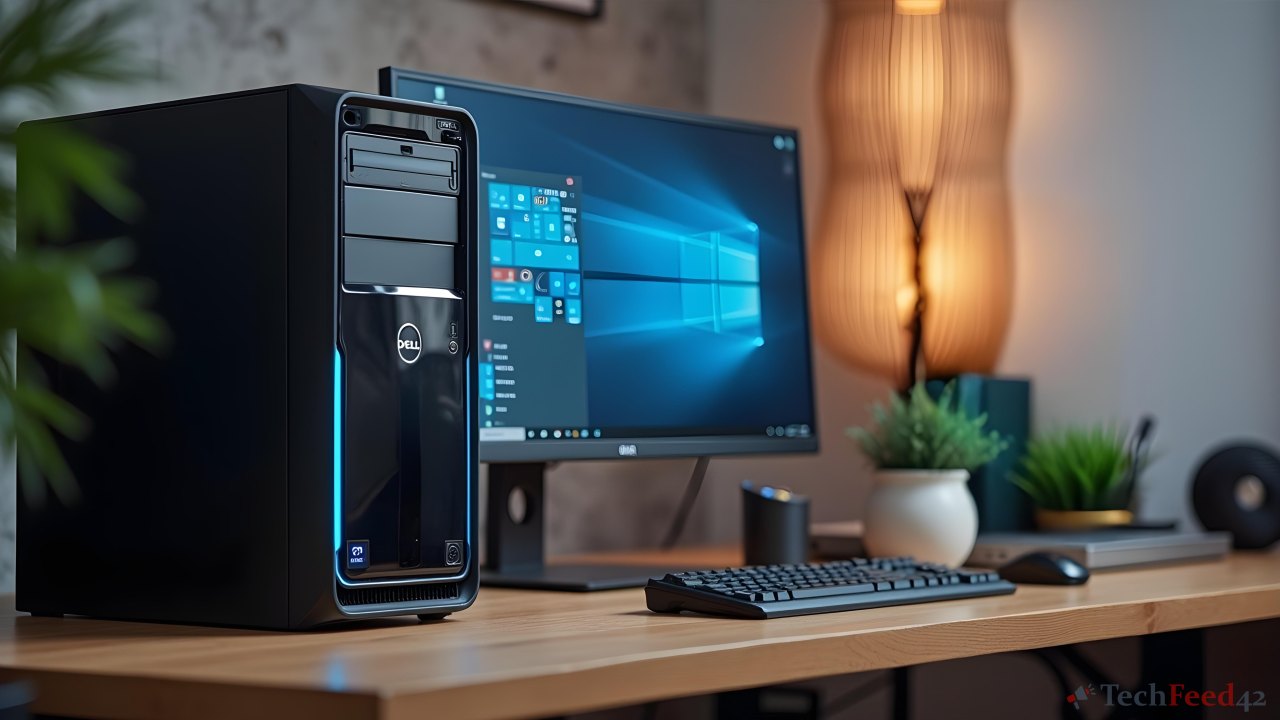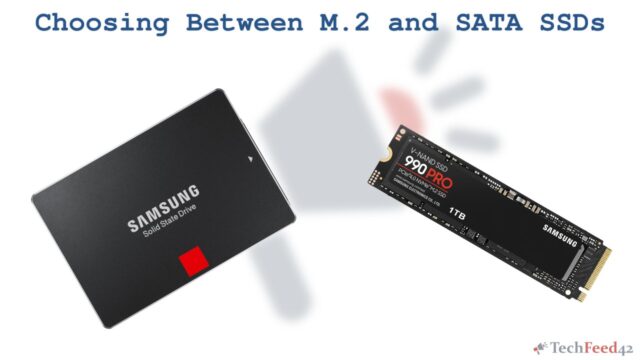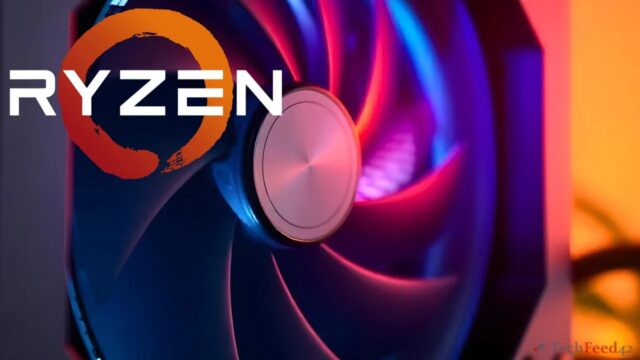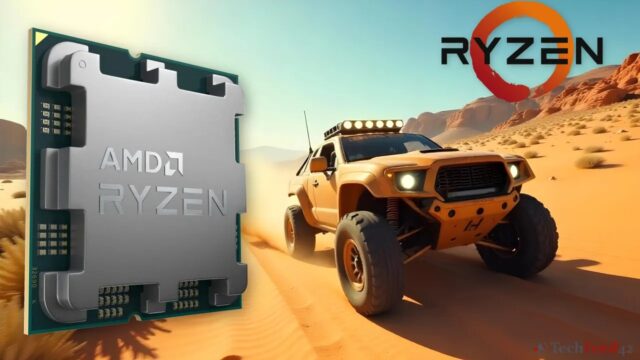When it comes to choosing between a laptop and a desktop computer, the decision can be overwhelming. Both options have their advantages and disadvantages, depending on your needs and lifestyle. I’ve spent a lot of time considering this choice myself, weighing the pros and cons to determine which type of computer suits my everyday tasks best. Here’s what I’ve learned along the way.
Portability vs. Power
One of the biggest differences between a laptop and a desktop computer is portability. Laptops are designed to be portable. They’re lightweight, compact, and easy to carry around. I can take my laptop to a coffee shop, the library, or even on vacation without any hassle. The built-in battery also means I can use it without being plugged into a power source for several hours at a time.

On the other hand, desktop computers are stationary. They’re larger, more powerful, and require a dedicated space in your home or office. Desktops aren’t meant to be moved around frequently. However, this lack of portability comes with a significant advantage: power. Desktop computers usually have more powerful processors, more storage, and better graphics capabilities than laptops. If you’re someone who needs a high-performance machine for gaming, video editing, or heavy multitasking, a desktop might be the better choice.
Cost Considerations
Another factor to consider when choosing between a laptop and a desktop computer is cost. Generally speaking, laptops tend to be more expensive than desktops with similar specifications. This is largely due to the convenience and portability that laptops offer. In my experience, if you’re on a tight budget and need a powerful machine, a desktop computer might give you more bang for your buck.
That being said, there are affordable laptops on the market, but they might not offer the same level of performance as a similarly priced desktop. For example, a budget laptop might have a slower processor or less storage compared to a desktop computer at the same price point. It’s important to consider what you’re willing to compromise on. Do you prioritize portability and convenience, or is performance and power more important to you?
Upgradability
One of the most significant advantages of a desktop computer is its upgradability. Over time, you can easily upgrade the components of a desktop, such as adding more RAM, a better graphics card, or additional storage. This means that a desktop can stay relevant and powerful for many years, as you can continue to improve its performance to meet your needs.
Laptops, on the other hand, are much less upgradable. While some models allow you to upgrade the RAM or storage, most of the internal components are not easily accessible or replaceable. This can limit the lifespan of a laptop, as it might become outdated faster than a desktop computer. In my opinion, if you’re someone who likes to keep their technology up to date, a desktop might be a better investment in the long run.
Space and Setup
Space is another important consideration when choosing between a laptop and a desktop computer. Laptops are compact and don’t require much space. I can use my laptop on a small desk, a kitchen table, or even on my lap while sitting on the couch. It’s also easy to pack away when not in use, which is great if you have limited space or like to keep your work area tidy.

Desktop computers, on the other hand, require more space. You’ll need a dedicated desk or table to accommodate the computer tower, monitor, keyboard, and mouse. The setup process is also more involved, as you’ll need to connect all the components and deal with a tangle of cables. However, once everything is set up, a desktop computer provides a stable and organized work environment, which can be beneficial for productivity.
Battery Life
One of the key advantages of laptops is their battery life. Unlike desktop computers, which need to be plugged in at all times, laptops have a built-in battery that allows you to work without being tethered to a power outlet. This is a huge plus if you’re someone who likes to work from different locations or if you travel frequently.
However, battery life can vary significantly between different laptop models. Some laptops can last up to 10-12 hours on a single charge, while others might only last a few hours. It’s important to consider how much battery life you’ll need based on your usage. In my experience, if you plan to use your computer mainly at home or in an office where power outlets are readily available, battery life might not be as crucial a factor. But if you’re always on the go, a laptop with long battery life is essential.
Conclusion
Choosing between a laptop and a desktop computer ultimately depends on your personal needs and preferences. If portability, convenience, and battery life are your top priorities, a laptop might be the right choice for you. Laptops are great for those who need a computer that can go wherever they go, whether it’s to work, school, or on the road.
On the other hand, if you need a powerful, upgradable machine for tasks like gaming, video editing, or heavy multitasking, a desktop computer could be the better option. Desktops offer more power, better value for money, and the ability to upgrade components over time.
In the end, there’s no one-size-fits-all answer. I found that considering my own daily habits, work requirements, and budget helped me make an informed decision. Whether you choose a laptop or a desktop computer, the key is to select the option that best suits your lifestyle and meets your computing needs.


